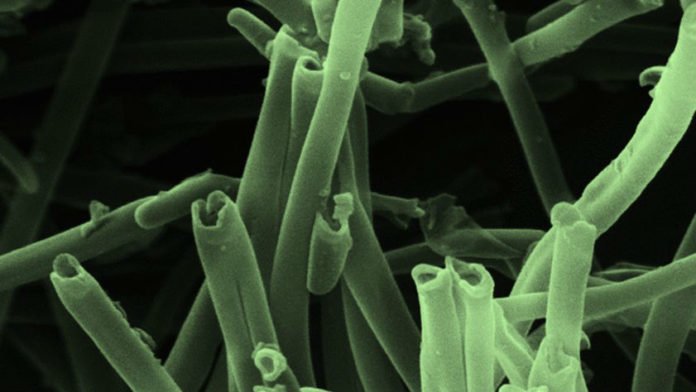Cardiff University scientists have recently developed a non-toxic method for delivering anti-cancer drugs to specific parts of the human body. It basically involves a specific type of nanotube that is used for drug delivery in various applications.
Dr. Ben Newland at Cardiff University developed the drug out of a non-toxic polymer called poly(ethylene glycol). Not at all like current nanotubes, which can cause asbestos-like harm, this new type is delicate, adaptable, and biocompatible, which means they ought to be all around endured by the body.
It’s believed that not only could the advancement of this new nanotube give a superior method for conveying hostility to tumor drugs, it could prompt far fewer symptoms as well.
That is on the grounds that, as of now, numerous medications utilized as a part of chemotherapy to treat different types of growth are directed through an infusion into the circulation system. Despite the fact that these medications achieve tumor cells, they additionally contrarily affect on alive and well cells causing a variety of brutal reactions including male pattern baldness, disorder, and outrageous weakness.
The new nanotube can possibly be infused into a particular piece of the body, which implies whatever remains of the body is left to a great extent unaffected by the harmful hostile to growth drugs.
To investigate this further, inquire about taking a gander at how viable this new nanotube could be in treating bosom growth was completed. A medication called Doxorubicin was regulated through the nanotube and was contrasted with similar measurements of a similar medication being infused into the circulation system.
The discoveries uncovered a diminishment in both the rate of metastasis (disease spreading) and the rate of tumor development through the nanotube conveyance technique, giving the examination group trust that the improvement of the new nanotube could prompt more compelling malignancy treatments later on.
Cardiff University’s Dr. Ben Newland said: “With the development of a brand new type of nanotube, we are in unchartered territory. We are in the early stages of this research, but it’s exciting to think about the potential improvements in the way that drugs are delivered.”
